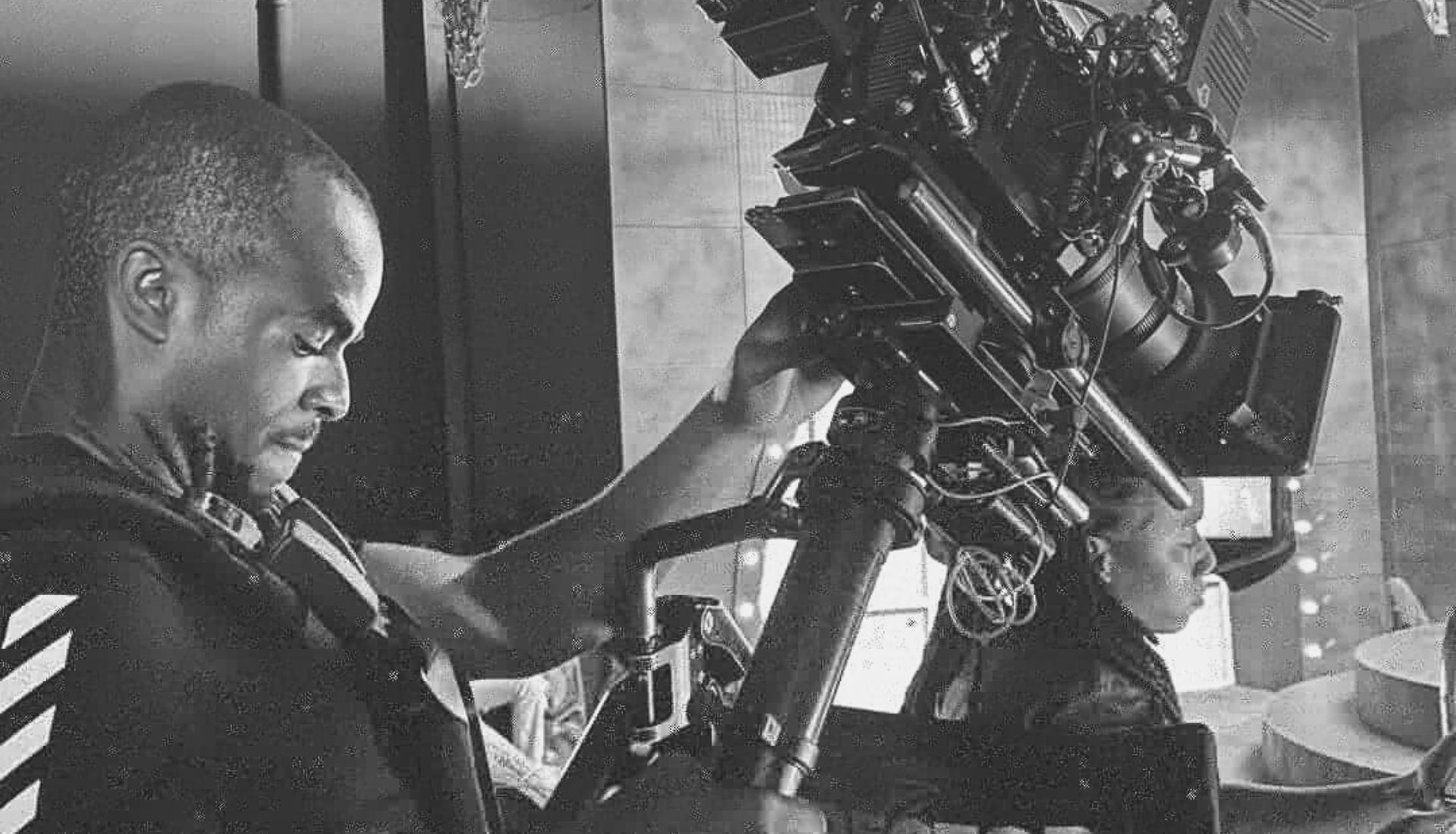The Nigerian film industry is the largest in Africa in terms of volume; the number of annual sales revenue, and popularity. Also, it is the world’s second-largest film industry in terms of output, worth 6.4 billion dollars.
With a broad reach spanning across continents due to consumer-rich content for Nigerians in the diaspora, it is safe to say that our film industry is making a mark. Nevertheless, Nigerian filmmakers, especially the upcoming storytellers, face several challenges. Some of which are:
1. Finance
2. Distribution
3. Tech And Quality Control
4. Talent Availability
Finance
The quality of a good story is as good as the funds invested in bringing it to life. Unfortunately, as we often see, some fantastic stories are being watered down or rushed due to a low budget. In contrast, some unsettling story compilations have made it to the big screens or movie viewing apps, but they only made it that far because of available financial support.
As a significant challenge within the Nigerian film industry, some solutions to help fix it would be having access to flexible loan plans sponsored by renowned and average enterprises, including facilitation and support from the government.
Distribution
With the limited number of cinemas and most indigenous content not being for the cinematic experience, this distribution channel is not getting as much traffic as desired. Other media, such as Netflix for flexible viewing and DStv for TV screens, still haven’t covered the distribution of indigenous content.
As a result, specific individuals have dominated access to these platforms, posing a challenge to young filmmakers making their debut. Filmmakers in Nigeria should strive to put out work that will gain international recognition to increase their traction. Gradually, they will get recognized by both the local and global communities.
Tech/Quality Control
United Nations study findings show that streaming services have increased demand for film productions from across the continent but warn about piracy stifling the industry’s growth. We need to strengthen internal and external corporations to enable filmmakers to express their creativity even within our cultural strengths.
Furthermore, Nigerian filmmakers should set up checks and monitoring associations for quality control covering camera quality, sound, distribution channels, etc.
Talent hunt
Talent and skill are becoming scarce due to the high rise in skit acting. Therefore, the quality of talent embedded within a 10-minute showcase gradually replaces what should be obtainable in a 90-minute production, leading to cringe-worthy moments where there is some level of neglect for proper interpretation of emotions and expressions.
Choosing the right talent can enhance the experience for the audience engaging with the movie. In addition, production houses can liaise with film schools to induct their best students into the movie industry, thereby ensuring the placement of top-notch talent within every production.
Conclusion
Nigeria’s filmmaking industry is an untapped depth of numerous possibilities. All required is the institution of the right resources and facilities necessary to ensure a thriving community.
We need more local live-streaming platforms, more collaborative work with service providers, and more grounds to improve the use of virtual illustration for locations, including access to flexible payment plans for funding.


